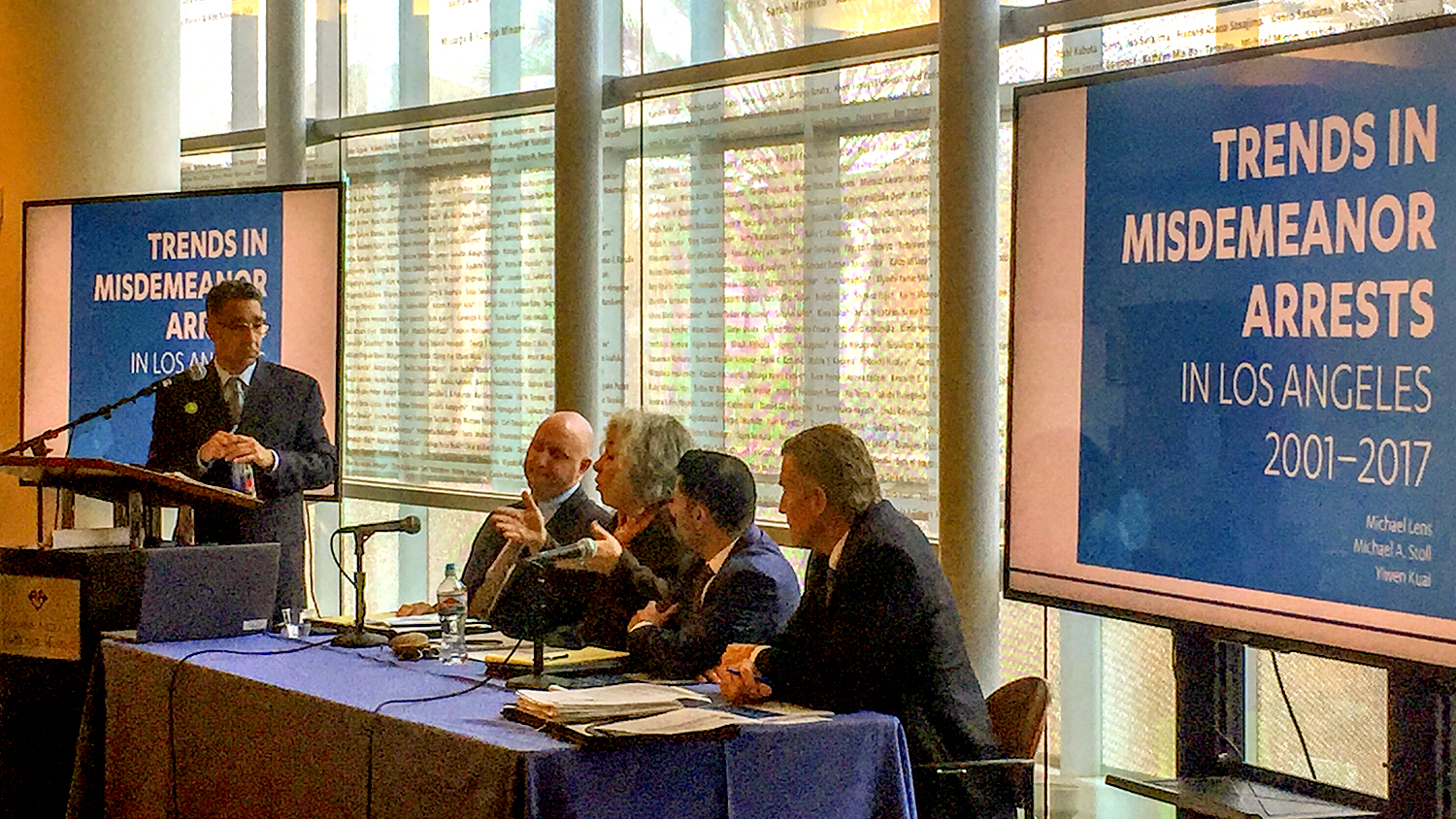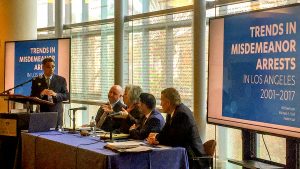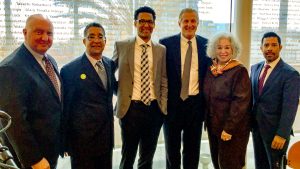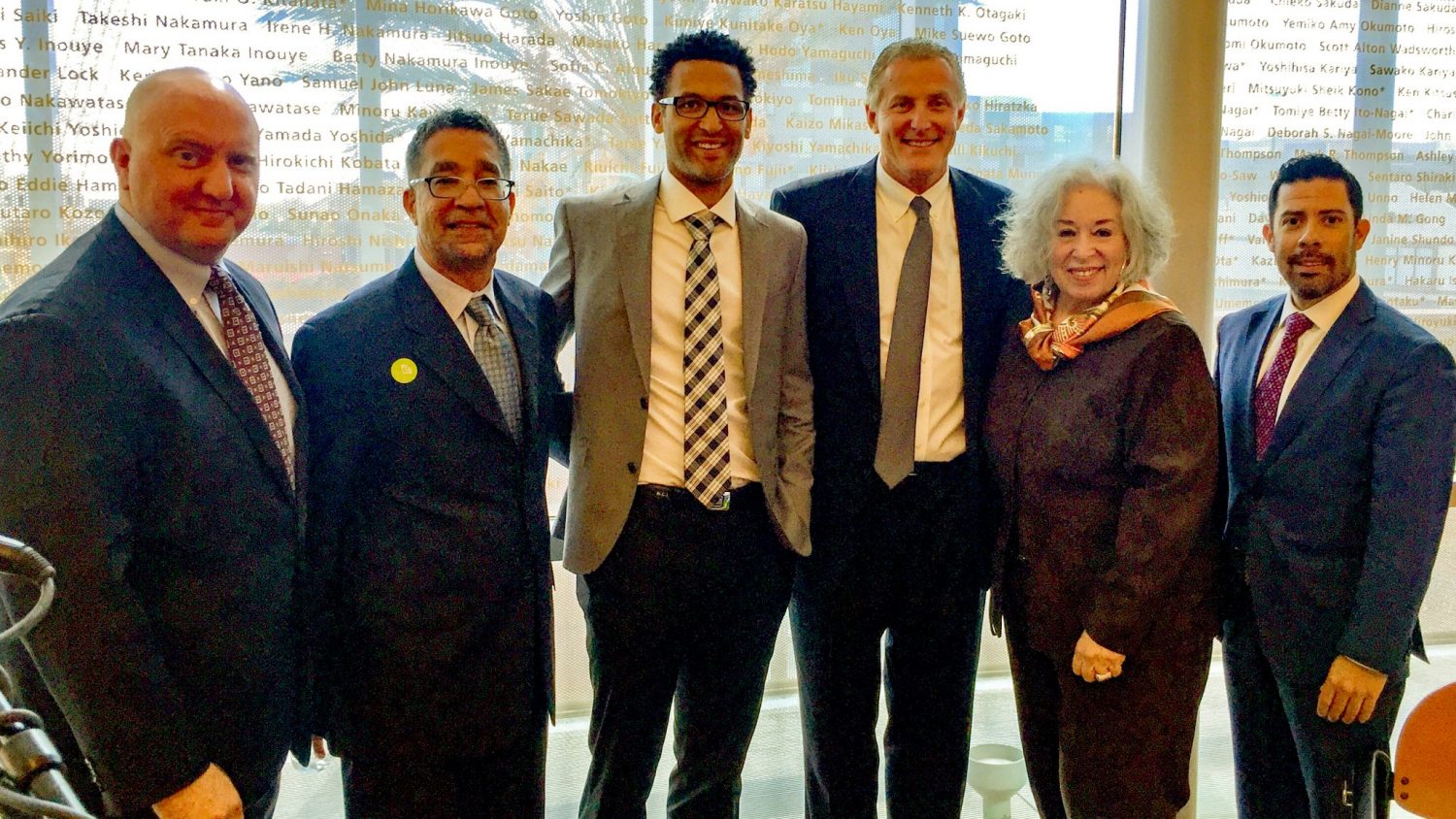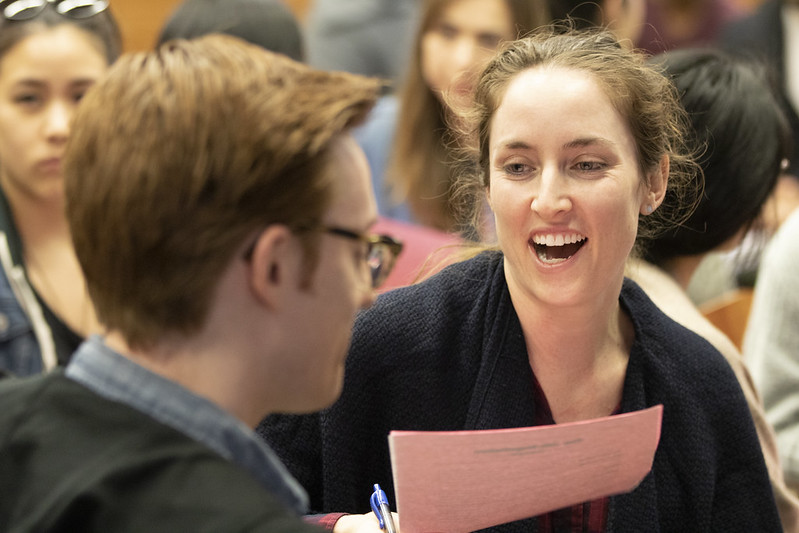Lens, Stoll Release Study of Misdemeanors in Los Angeles
UCLA Luskin’s Michael Lens, associate professor of urban planning and public policy and associate faculty director of the Lewis Center for Regional Policy Studies, and Michael A. Stoll, professor of public policy and urban planning, released a report on March 22, 2019, that reviewed 16 years of misdemeanor data from the Los Angeles Police Department and the City Attorney’s Office. “Trends in Misdemeanor Arrests in Los Angeles: 2001-2017” highlights that misdemeanor arrests rose sharply — from 88,511 arrests in 2001 to 112,570 in 2008, which is the highest number recorded — but then dropped to 60,063 in 2017, a 47 percent decrease. This reflects a statewide trend. The rates fell dramatically for juveniles, but some other demographic groups, including black females, saw increases. The researchers said this work is critical because, unlike felonies, misdemeanors are understudied, and they account for a much higher volume of arrests, particularly among people of color. “Interaction with police is the single-most –common way people interact with the government, and yet we neglect this level of interaction at our peril,” UCLA Luskin Dean Gary Segura said during a release event at the Japanese American National Museum in Los Angeles. How people interact with the criminal justice system could impact their views and participation in many societal functions. UCLA was one of seven sites selected by the nationwide Research Network on Misdemeanor Justice at John Jay College of Criminal Justice in New York to use the collective data to study trends in the enforcement of lower-level offenses, which could inform policy discussions and result in reforms. Yiwen Kuai, a doctoral student in urban planning, also co-authored the report.
